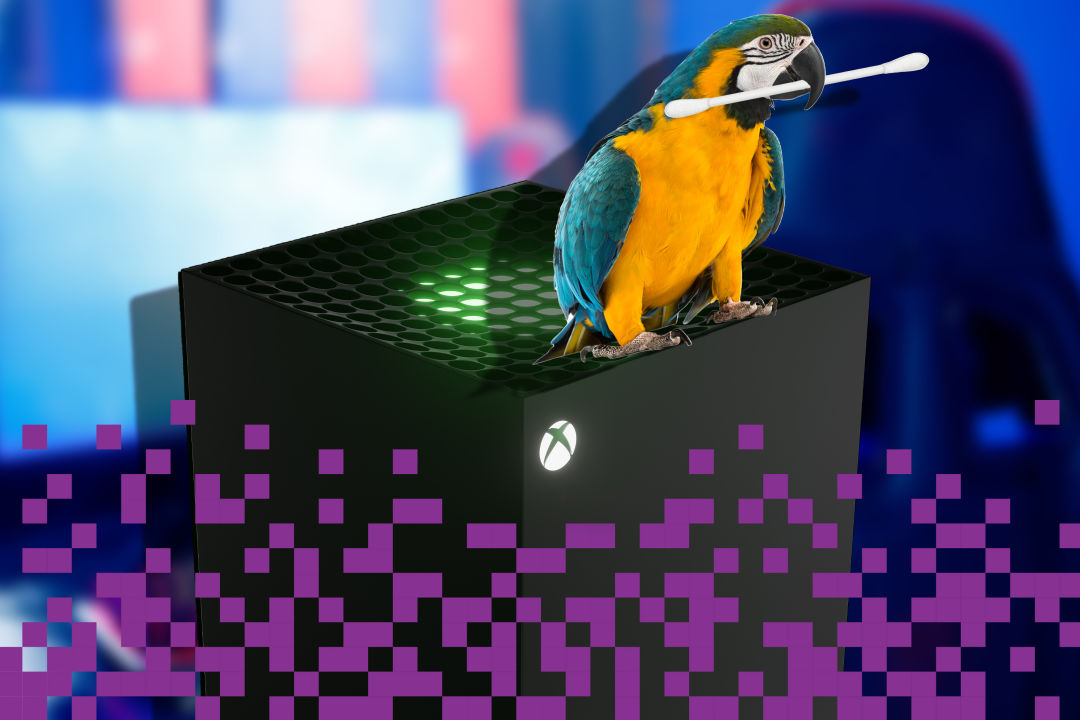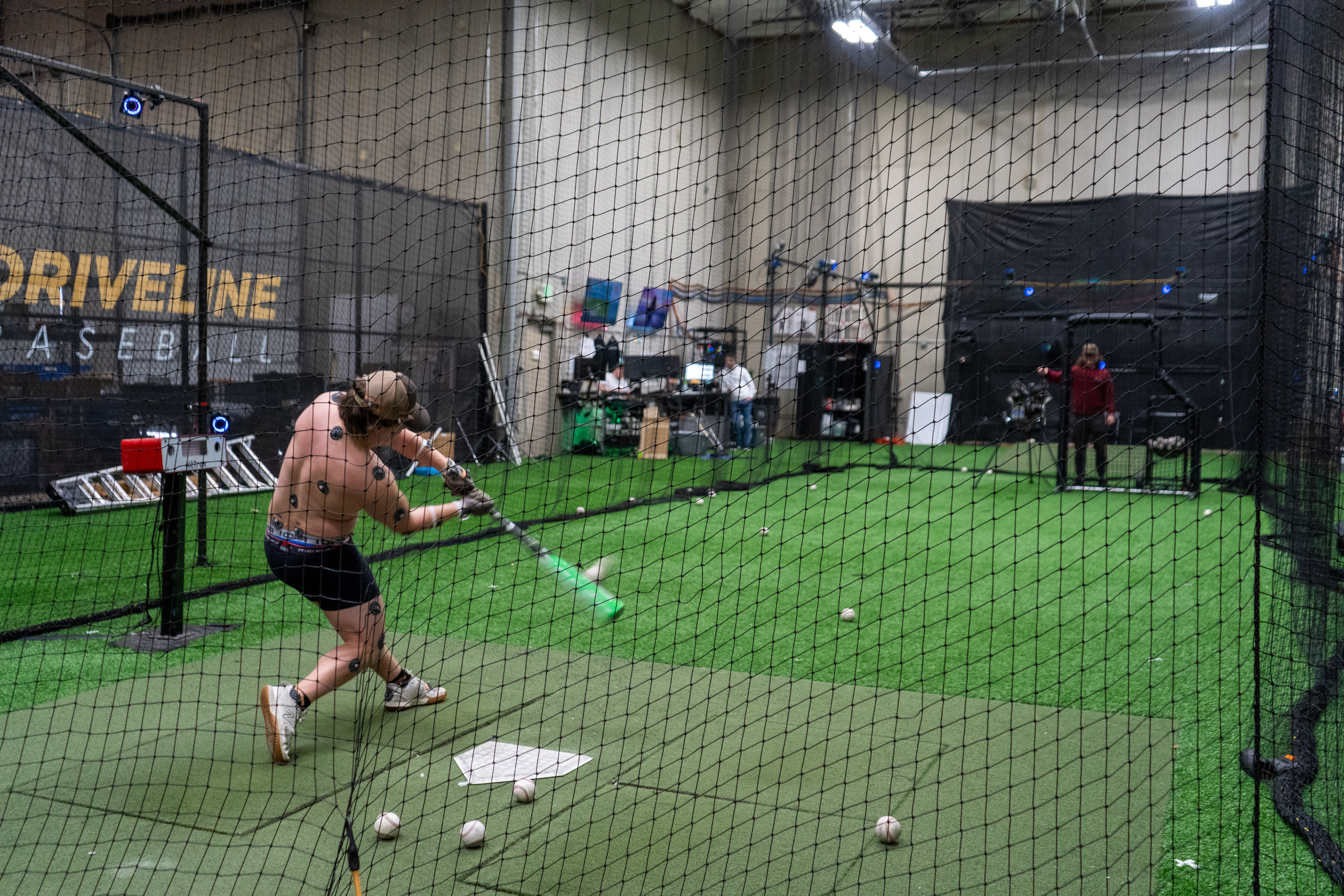Why Microsoft Acquiring Activision Blizzard Is Such a Big Deal

Last week, Microsoft made the first big splash of the year in Seattle tech when it bought the company, Activision Blizzard, responsible for nearly all of your family's gaming addictions. It took a lot to land the brand behind everything from Candy Crush to Call of Duty to World of Warcraft (no, it doesn't make Wordle). The $68.7 billion acquisition cost is easily Microsoft's largest ever.
It's a blockbuster deal in the Hollywood of video games. Xbox has attracted enough of an allegiance to sell meme fridges, but Microsoft's latest move in the console domain makes it a veritable behemoth in the industry: the third-largest gaming company in the world, with an opportunity to grow its Game Pass subscriptions significantly.
In the aftermath, CEO Satya Nadella stressed that the gaming buy was a major play in the metaverse, the virtual realms that tech leaders say will coalesce to form the internet's next iteration. But the Redmond tech titan is also courting controversy with his latest big move.
For months Activision Blizzard has faced criticism for cultivating a toxic work environment. Following an investigation, California's Department of Fair Employment and Housing filed suit against the company last summer for discriminating against female employees "in terms and conditions of employment, including compensation, assignment, promotion, termination, constructive discharge, and retaliation." Women faced "constant" sexual harassment in this "frat boy" workplace culture. The SEC is now looking into the findings; in the meantime, dozens of employees have been pushed out.
Microsoft knew what it was buying. As Bloomberg reported, the company inquired about taking over Activision Blizzard once it was clear that CEO Bobby Kotick knew of misconduct happening under his roof. Kotick is reportedly out once the acquisition goes final; Xbox head Phil Spencer will rule over all as CEO of Microsoft Gaming. In an email to Xbox employees, Spencer alluded to the scandal, writing that "creative success and autonomy go hand-in-hand with treating every person with dignity and respect. We hold all teams, and all leaders, to this commitment. We’re looking forward to extending our culture of proactive inclusion to the great teams across Activision Blizzard."
But it's an interesting time to be framing Microsoft as a beacon of workplace culture. Less than a week before the Activision Blizzard agreement was announced, Microsoft pledged to investigate its own in-house sexual harassment claims, including those against none other than Bill Gates. A public report will likely be released this spring.
That's still about a year away from when the Activision Blizzard deal is set to close, raising questions about if it will at all. While other Big Five tech giants have faced plenty of scrutiny from media and lawmakers about their growth in recent years, Microsoft has sidestepped much of it. No longer. A $69 billion deal will certainly draw the attention of Joe Biden's antitrust operation, even if the company has enough political clout to dodge the type of case that once shook it down.
Hope Cochran, a managing director at Madrona Venture Group, warned on the most recent GeekWire podcast that "time kills all deals." But the former CFO of King Digital, which sold Candy Crush to Activision Blizzard, also observed that the upside for Microsoft getting it done is enormous, and not just for one part of its business. "Gaming seems to be the place where things are adopted first," she said, "to try and see if they break."
A University of Washington VC Fund Launches
Speaking of the venture capital sphere: It might not be move-over-Madrona, but a fund targeting "innovators and investors" from the "University of Washington network" is up and running. Headed by Venture Out cofounder Ken Horenstein, Pack Ventures is targeting students, faculty, and alumni for funding and investment opportunities. As Tom Alberg and others in the Seattle tech community have said, the school is a vital incubator of the city's tech talent. It'll get 10 percent of Pack Ventures' personal funds.
Washington Squawks at CES 2022
CES, the tech industry's largest trade show, featured Washington companies big and small, including that pizza robot-maker. My personal favorite: Parrots Inc., a Spokane-based company that's created a medical device called "Polly." Hooked up to a computer, this AI bird sits on wheelchairs and bedsides, helping people with ALS, MS, and other physical and neurological challenges navigate conversations and their daily routines. More tech like this, please.
Bits and Bytes
A Napster cofounder heads a secretive productivity startup. Staffing shortage days mean more time for Boom Cards made by this Kirkland couple. Washington's attorney general turns his attention from Trump to Google. And the Meta-verse grows in SoDo.
Hello! This is a monthly column recapping news at the intersection of local tech and culture—happenings you may have missed in this mercilessly fast, and often quite nebulous, cycle of innovation. But even the beat writers can’t keep up with everything. Do you know of a Seattle startup doing things that don’t make eyes glaze over at parties? A corporation behaving badly? A developer trying to hack the Mercer light cycle? We’re interested. Send your tips to [email protected] or @bybencassidy on Twitter. DMs are always open.




